The next time a bird poops on your car, think carefully before you act. Consider who the rightful owner of this rich resource might be and weigh the consequences of hasty action.
Now a car manufacturer might suggest that you remove the caustic substance immediately with a soft cloth, but are they really the right people to be giving advice on such a sensitive issue?
Historic claims to bird poop have led to conflict in the past and when the commodity is in such high demand, strategic and economic factors can escalate that conflict into war!
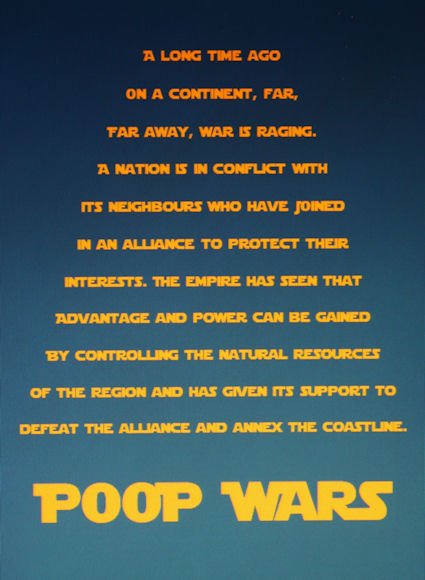
For millennia, the Guanay Cormorant had the luxury of being able to relax and poop in peace without the bowel clenching worries that constipated its brethren living closer to the threat of civilisation. Undisturbed through thousands of generations by man or land predators, the birds accumulated piles of poop several meters thick and sat atop them with a proprietorial pride in huge colonies, breeding, feeding and creating even more guano. Under the pressure of time and tonnes more poop deposited on top, the guano solidified into a phosphate rich commodity.
Situated on Chile’s Pacific coast, the Atacama Desert is one of the driest areas in the world with rain falling on only a handful of occasions over a century. Such inhospitable geography held no great charms until the minerals were discovered there and the value of the vast deposits of guano became apparent. The poorly defined borders of the region were disputed by Chile and Bolivia. Previous agreements on territory and shared revenue failed and thus begin the Poop Wars did.
Recognising the economic and strategic importance of controlling the resources such as saltpetre, copper, silver and guano, the super powers of Britain, America and Spain lent their support. Now where have I heard that before?
The poop produced by the guano species (which includes pelicans and boobies as well as the cormorants) is rich in phosphoros and nitrates which would have been leached out by the rain in any other environment. The aridity of the Atacama Desert maintains the high mineral content which makes it such a prized fertilizer. The huge demand for the abundant, renewable and easily extracted commodity made it a greatly coveted resource and the conflict over rights and revenue helped to spark the War of the Pacific 1879-1883. Sure, there were other contributing factors and when The Management declare ‘Saltpetre Week,’ I will gladly expand, but as Poop Week wipes and washes its hands, I will keep a tight focus.
America had already recognised the potential of guano and had passed the Guano Islands Act in 1856, enabling US citizens to take “peaceful possession” of any islands or unclaimed land that held colonies of guano producing sea-birds. Subsequently, Bolivia tried to levy tax on Chilean guano harvesters on its assumed territory along the Pacific coastline. That’s when the strain was felt and Chile began to push.
Bolivia found support from Peru, but this alliance was ultimately defeated by Chile after a four-year naval and land campaign. The northen section of the Atacama desert along the Pacific coast was annexed from Bolivia, which remains landlocked to this day.
So if you don’t wish to cause a war and lose your access to the ocean, treat that long white streak down your windscreen with care.
One for the collectors
________________________________________________________________________________________
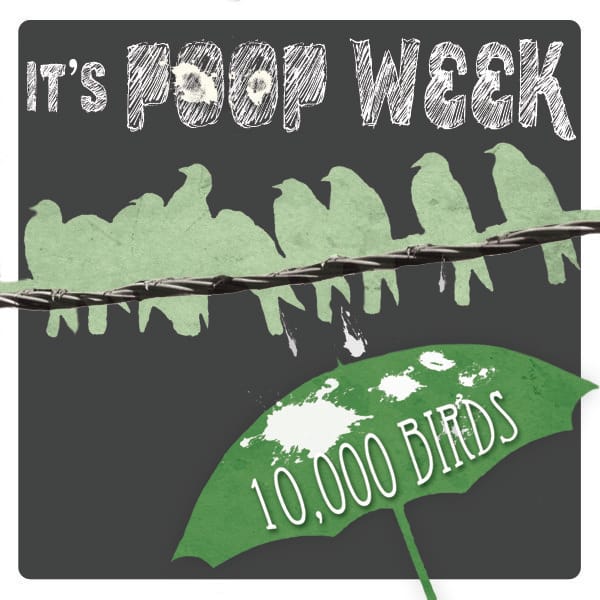 Poop Week is a week of themed posts on 10,000 Birds that cover the intersection of poop and birding, a fertile precinct if there ever was one. Rather than just discuss the horror of a pigeon dropping droppings on someone’s head we decided to really get down the nitty-gritty details of poop, to the point where it is squishing up between our toes. Not only is Poop Week a fascinating way to spend seven days in June it is also a serious attempt to elevate the level of discourse in the bird blogosphere, which, as we all have no choice but to admit, is far too low. Enjoy, and make sure to wipe up afterwards, would you?
Poop Week is a week of themed posts on 10,000 Birds that cover the intersection of poop and birding, a fertile precinct if there ever was one. Rather than just discuss the horror of a pigeon dropping droppings on someone’s head we decided to really get down the nitty-gritty details of poop, to the point where it is squishing up between our toes. Not only is Poop Week a fascinating way to spend seven days in June it is also a serious attempt to elevate the level of discourse in the bird blogosphere, which, as we all have no choice but to admit, is far too low. Enjoy, and make sure to wipe up afterwards, would you?
________________________________________________________________________________________

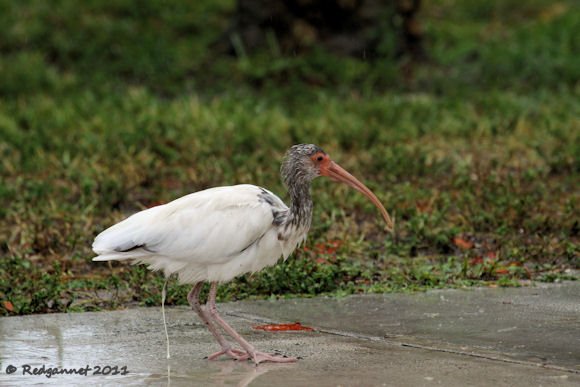



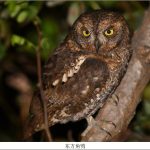
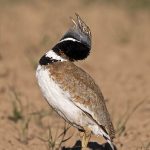

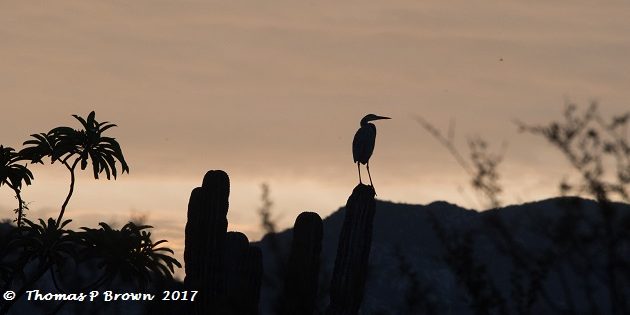
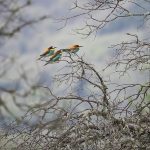
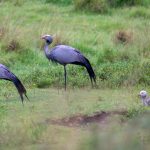

I don’t think any wars were caused by it, but I heard about the isolated Pacific Island of Yap being stripped clean of its guano deposits when we visited there 30 years ago. That was before I was a bird-watcher, sorry to say.
Super post, thanks for the historical relevance of poop. I enjoyed your writing on this messy subject.
I hadn’t heard of Yap’s economy (besides the stone money) but Nauru became absurdly wealthy from their centuries’ old (and incredibly deep) deposits of guano. With the ban on phosphates, their economy has essentially collapsed
Anand, you’re right–it was Nauru I was actually thinking of. (Like I said, it was 30 years ago!) We worked in the Solomon Islands, and visited both Yap and Nauru during those years. One of the times we were in Nauru (which is so small you can see the whole island out the plane window as you take off), I remember hearing a story that the country of Nauru built a high-rise building in New Zealand with their bird poop profits and that the population of that building was more than that of the country.